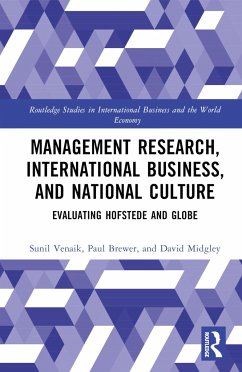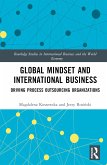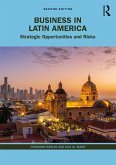Why do different groups of people behave in different ways when dealing with the common challenges of human life? The answer often lies in their cultural attitudes, values, and consequent behaviours. The study of human culture has been deemed a key contribution to understanding human life for many centuries. Explanations and descriptions of cultural characteristics abound, but in the field of business, none have been more influential and warmly embraced than those developed by Geert Hofstede and the GLOBE group. These models of national culture, which characterise Japanese, Americans, French, and may other nationalities in terms of common characteristics such as collectivism, masculinity, and power distance, are most widely cited and applied in business research, teaching, and recommendations for practice.
But this seminal work needs a careful reality check. The authors of this book point out a range of problems associated with the Hofstede and GLOBE national culture measures which bring into question their accuracy and usefulness in meeting the expectations of management culture researchers and students. This book explains in detail why the measures developed by Hofstede and GLOBE are of dubious validity and why they should be viewed with caution by those looking for answers to the complex questions of culture.
But this seminal work needs a careful reality check. The authors of this book point out a range of problems associated with the Hofstede and GLOBE national culture measures which bring into question their accuracy and usefulness in meeting the expectations of management culture researchers and students. This book explains in detail why the measures developed by Hofstede and GLOBE are of dubious validity and why they should be viewed with caution by those looking for answers to the complex questions of culture.
"In the field of business and management, culture has been a key part of international comparisons for the last half century and has added much to our knowledge of cross-national differences and similarities. This book brings to the fore the implications of how the measurement of culture has evolved and how that has influenced our understanding of its relevance both to academics and practitioners." Timothy M. Devinney, Chair and Professor of International Business, Alliance Manchester Business School, UK
"With a challenge to the widely cited Hofstede and GLOBE culture models, Venaik, Brewer, and Midgley present culture archetypes as an alternative for culture-related theorising and for practitioner and policy application. Elucidating the ecological fallacy and other shortcomings with the Hofstede and GLOBE studies, this is an invaluable research monograph." Peter W. Liesch, Professor of International Business, University of Queensland Business School, Australia
"Growing contacts among peoples of different backgrounds across and within countries present unprecedented opportunities yet challenges to management researchers in the Twenty-first Century. Venaik, Brewer, and Midgley's book titled, Management Research, International Business, and National Culture: Evaluating Hofstede and GLOBE, provides useful insights for all who seek to better understand these dynamics and processes to bring about win-win outcomes." Rosalie L. Tung, The Ming & Stella Wong Professor of International Business, Simon Fraser University (Canada)
"With a challenge to the widely cited Hofstede and GLOBE culture models, Venaik, Brewer, and Midgley present culture archetypes as an alternative for culture-related theorising and for practitioner and policy application. Elucidating the ecological fallacy and other shortcomings with the Hofstede and GLOBE studies, this is an invaluable research monograph." Peter W. Liesch, Professor of International Business, University of Queensland Business School, Australia
"Growing contacts among peoples of different backgrounds across and within countries present unprecedented opportunities yet challenges to management researchers in the Twenty-first Century. Venaik, Brewer, and Midgley's book titled, Management Research, International Business, and National Culture: Evaluating Hofstede and GLOBE, provides useful insights for all who seek to better understand these dynamics and processes to bring about win-win outcomes." Rosalie L. Tung, The Ming & Stella Wong Professor of International Business, Simon Fraser University (Canada)








